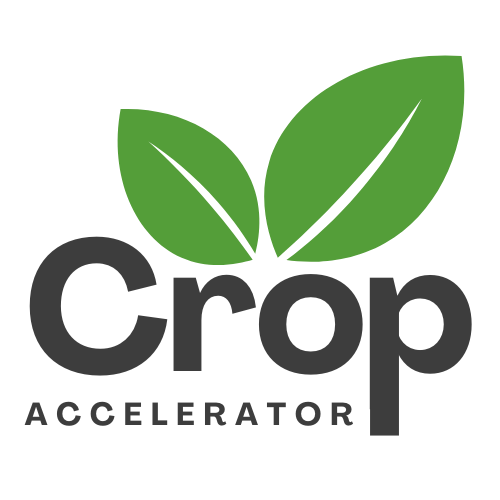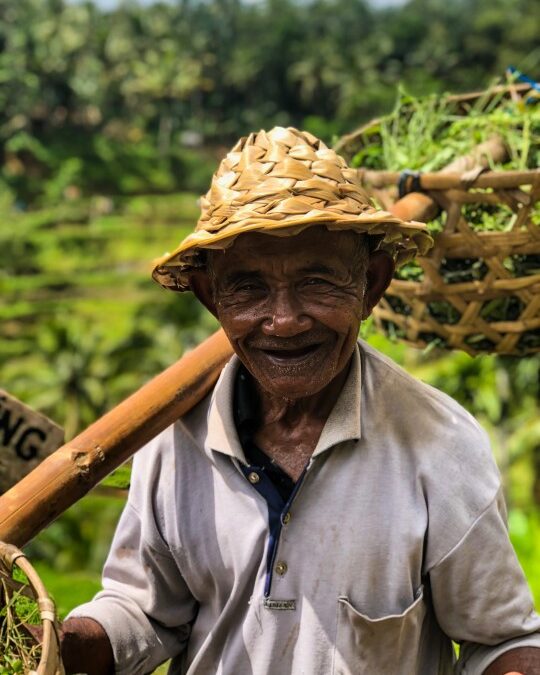The global food system is facing unprecedented challenges that threaten food security, sustainability, and the livelihoods of billions of people. The compounding effects of the COVID-19 pandemic, the conflict in Ukraine, and climate change have disrupted supply chains and led to soaring prices of essential resources like fuel, fertilizers, and staple foods such as wheat.
As we look towards the future, the daunting task of feeding a projected 9.7 billion people by 2050 while mitigating agriculture’s environmental impact looms large. The solution to this complex problem lies in sustainable intensification of agriculture – producing more with less, all while building resilience to external shocks and climate change.
In this context, smallholder farmers play a crucial role in our food system. They operate farms of two hectares or fewer, predominantly in regions like East Asia, South Asia, and Sub-Saharan Africa. These smallholders, who number around 608 million globally, contribute roughly 35 percent of the total global food supply. Smallholder farming plays a crucial role in producing commercially important crops like cocoa, coffee, cotton, and protein-rich pulses, in addition to staple food crops such as maize and rice. Furthermore, smallholder farming is a significant source of employment and a substantial contributor to gross domestic product (GDP) in Africa and Asia.
Smallholder Farmers as Climate Change Warriors
Smallholder farmers find themselves on the front line of climate change. They face some of the earliest and most severe impacts of shifting climate patterns, but they are also uniquely positioned to reduce agriculture’s contribution to greenhouse gas emissions, which currently accounts for 24 percent of global emissions.

- Resilience to Climate Change: Smallholders possess the skills and hyper-local knowledge that allows them to adapt to changing conditions in their environment. This ability to respond swiftly to climate-related challenges will be needed to safeguard food production.
- Reducing Emissions: Smallholders have the potential to lead the transition to sustainable agriculture practices that reduce emissions. By implementing climate-resilient crops and sustainable farming methods, they can play a pivotal role in mitigating the agricultural sector’s impact on climate change.
The challenges
While smallholder farmers hold immense promise, they also face numerous challenges that hinder their capacity to contribute fully to sustainable agriculture:
- Traditional Farming Methods: Many smallholders rely on traditional cultivation practices that can degrade soil fertility and cause erosion.

- Lack of Organization: A relatively low percentage of smallholders are members of agricultural cooperatives, which could enhance market access and collective ownership of resources(such as storage and machines).
- Land Insecurity: The absence of formal land titles in many developing countries makes it difficult for smallholders to consolidate landholdings or use land as collateral for financing.
- Limited Access to Credit: Smallholders often struggle to access credit due to poor collateral and the seasonality of their produce.
- Low Literacy and Numeracy: Many smallholders still lack formal education, which limits their ability to keep records and adopt improved agricultural practices.
- Inefficient Intercropping: Combining subsistence and cash crop cultivation can reduce marketable yields.
- Limited Market Access: Poor infrastructure, high transport costs, and limited access to market information impede smallholders from reaching broader markets.

Smallholders as Agents of Change
The climate crisis is forcing a reevaluation of our global food system. Smallholder farmers hold the potential to mitigate climate change, ensure food security, and protect biodiversity. By empowering small farmers with the right tools, knowledge, and financial support, we can tap into their resilience and adaptability to address the intertwined challenges of climate change, food production risk, and emissions.
As we stand at the crossroads of climate change and a growing global population, the role of smallholder farmers in shaping a sustainable future for agriculture cannot be overstated. These farmers, who produce the majority of food consumed in developing countries, have the potential to lead the transition to sustainable farming practices that mitigate climate change and ensure food security. Unlocking their full potential and addressing the challenges they face must be a top priority for governments, organizations, and businesses invested in building a more resilient and sustainable global food system. Smallholders, often overlooked, are indeed the change agents we need on the climate frontline.
#sustainableagriculture #climatechange #smallholderfarmers #SDG1 #SDG2 #SDG12 #SDG13

